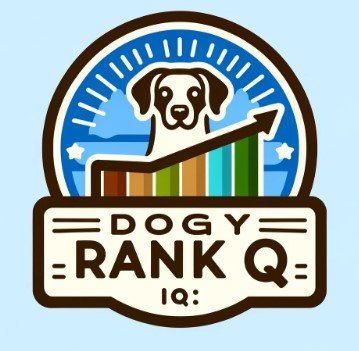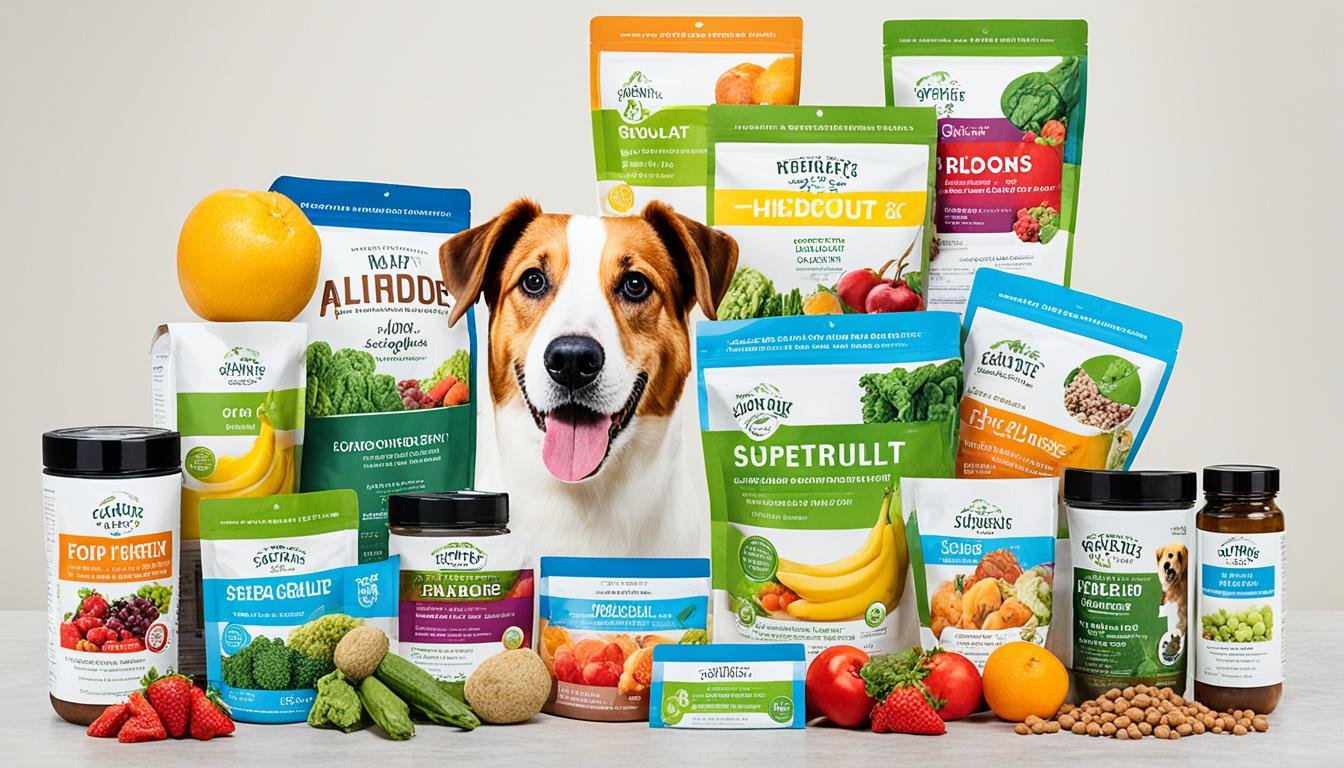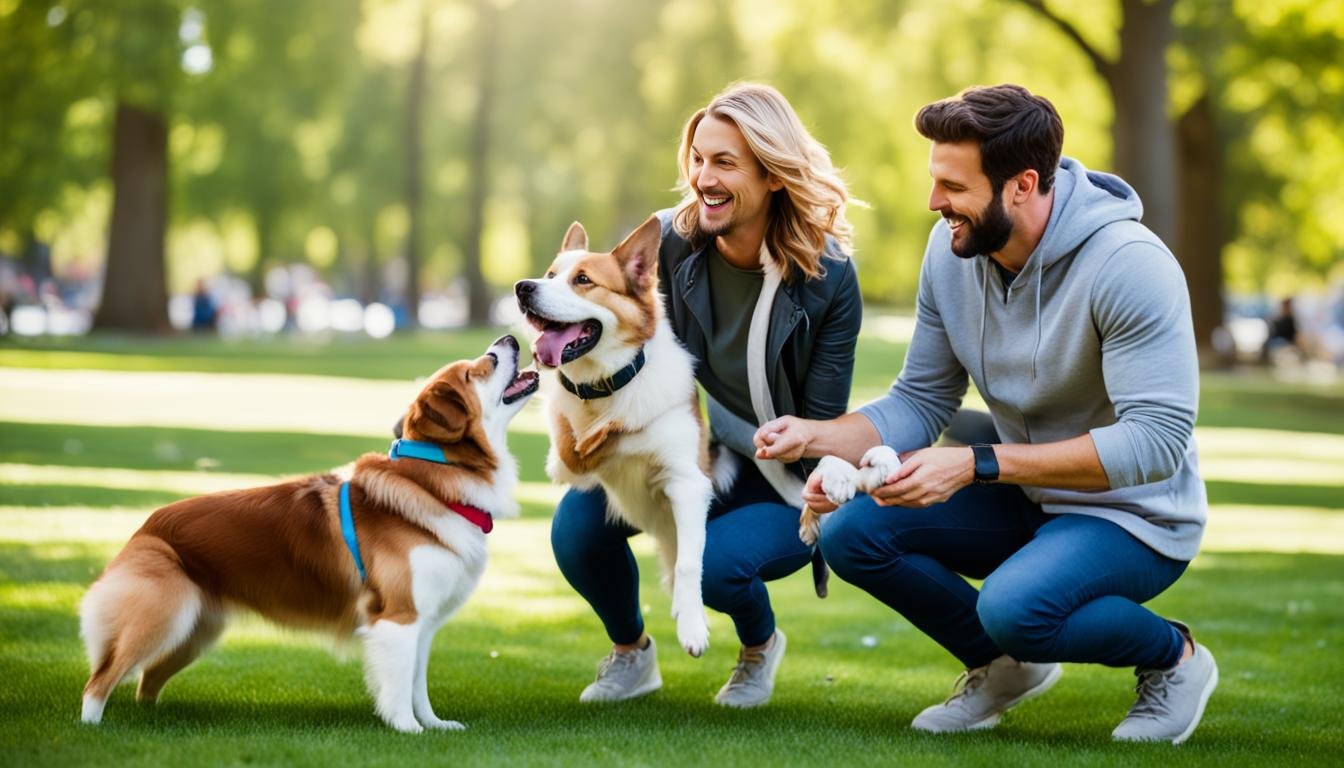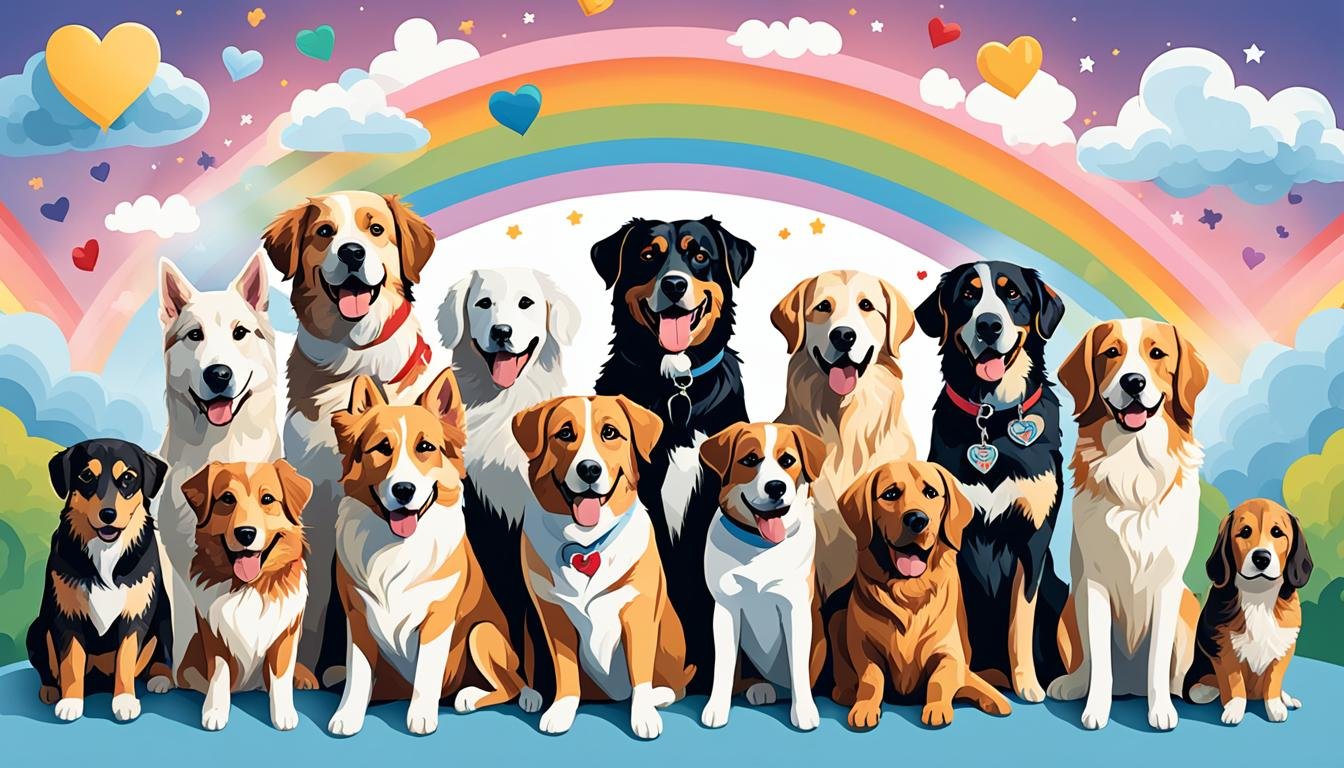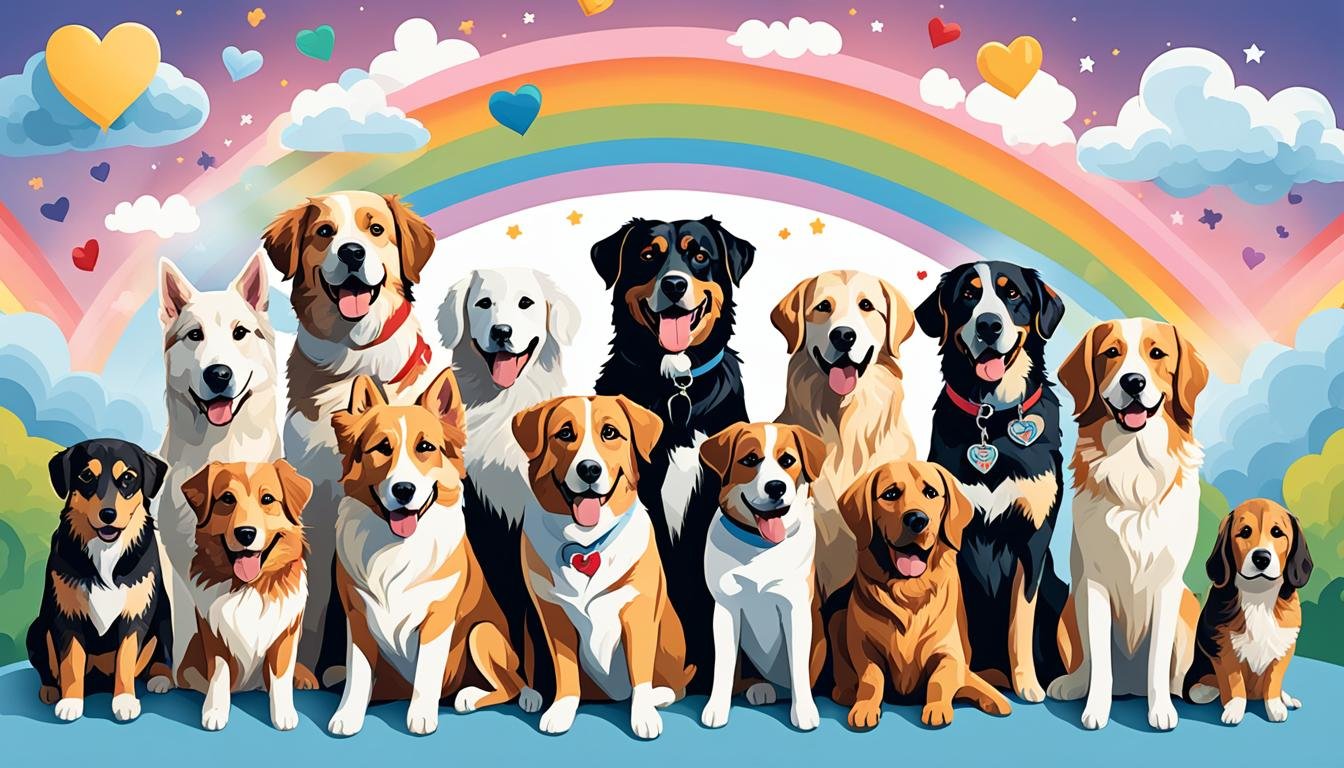Did you know that a staggering 53 foods are reviewed in this article to determine their safety for consumption by dogs? As a pet parent, you may love sharing delectable treats with your furry companion during brunch, lunch, dinner, a picnic, or a BBQ. But before indulging your pup, you might ask yourself, “What human foods can dogs actually eat?” Or even better, “Which of the people food that dogs can eat will give them the most health benefits?”
This comprehensive guide will explore the ultimate list of dog-friendly foods for everyday consumption, covering the nutritional needs of your canine companion. Whether you’re looking to provide healthy dog treats, incorporate human foods for dogs, or simply avoid toxic foods to avoid, this article has got you covered.
Key Takeaways
- Discover the ultimate guide to dog-friendly foods for everyday consumption
- Learn about the nutritional needs and common allergies in dogs as omnivores
- Explore a comprehensive list of safe and healthy human foods for your canine companion
- Understand the importance of portion control and moderation when feeding your dog
- Gain valuable insights on which toxic foods to avoid for your dog’s safety
Understanding Dogs as Omnivores and Common Allergies
Before diving into our list of the healthiest human foods that dogs can eat, it’s crucial to understand a dog’s feeding behavior and the possibility of canine food allergies. Dogs are omnivores, meaning they can meet their nutritional needs by consuming a combination of plant and animal-based foods. A well-balanced diet for dogs must include essential minerals, vitamins, amino acids, and fatty acids to support their overall health and well-being.
Dogs are Omnivores
Contrary to popular belief, dogs are not strictly carnivores. Their digestive system is designed to digest a variety of foods, including carbohydrates. Dogs produce enzymes specific for breaking down starches and sugars, allowing them to derive energy and nutrients from plant-based sources. The Association of American Feed Control Officials (AAFCO) sets guidelines to ensure commercial pet foods meet the minimum nutritional requirements for dogs.
Food Allergies in Dogs
While food allergies are less common in dogs than environmental allergies, some canines may develop sensitivities or allergic reactions to certain food ingredients, particularly proteins. Common protein allergies in dogs include beef, dairy, chicken, and wheat. Owners should be mindful of their dog’s dietary needs and consider switching to more easily digestible and hypoallergenic alternatives if their furry friend exhibits signs of a food allergy, such as itching, gastrointestinal issues, or skin irritation.
Ultimate Guide to Dog-Friendly Foods for Everyday Consumption
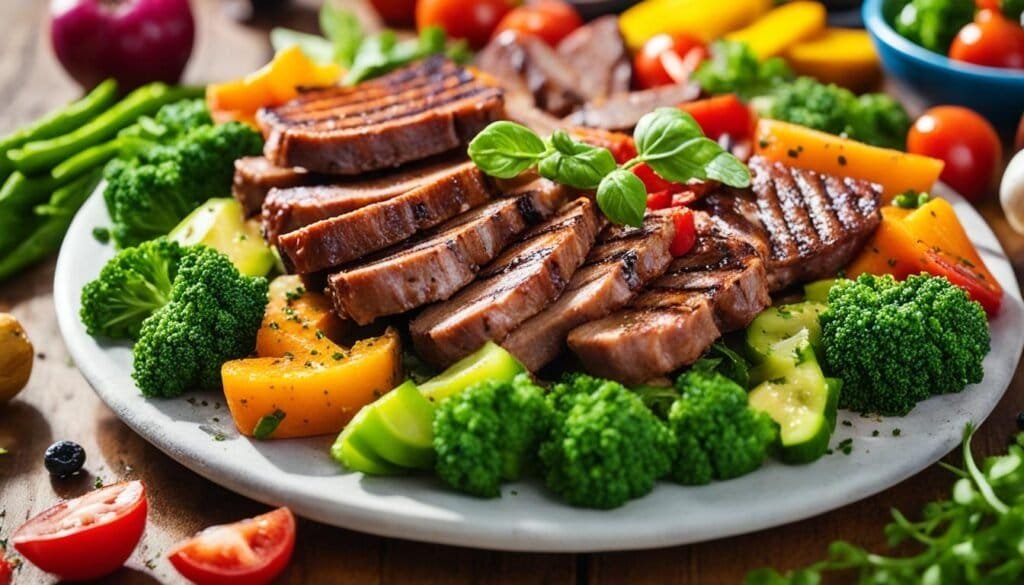
Cooked, Unseasoned Chicken, Turkey, or Beef
Cooked, unseasoned chicken, turkey, and beef are all great sources of protein for your dog. However, make sure that all the bones are removed from these meats before giving them to your dog. Doing so reduces the risk of choking. Even cooked bones are risky as they can splinter in the dog’s GI tract and cause issues such as perforations. Among the three (chicken, turkey, and beef), the most balanced meat is chicken — as it is high in protein but also low in fat which makes it the healthiest type of meat to serve canines.
Cooked, Unseasoned Fish
Cooked, unseasoned fish is another excellent source of protein and omega-3 fatty acids for dogs. When feeding fish to your canine companion, be sure to remove any bones to prevent choking or internal damage. Salmon, in particular, is a fantastic option as it is rich in beneficial omega-3s that promote skin and coat health.
Cooked, Unseasoned Eggs
Cooked, unseasoned eggs are a nutritious and safe treat for dogs. Eggs are an excellent source of protein, vitamins, and minerals that can benefit your dog’s overall health. When feeding eggs to your pup, make sure they are fully cooked and without any added seasonings or oils.
Fruits and Vegetables for Your Canine Companion
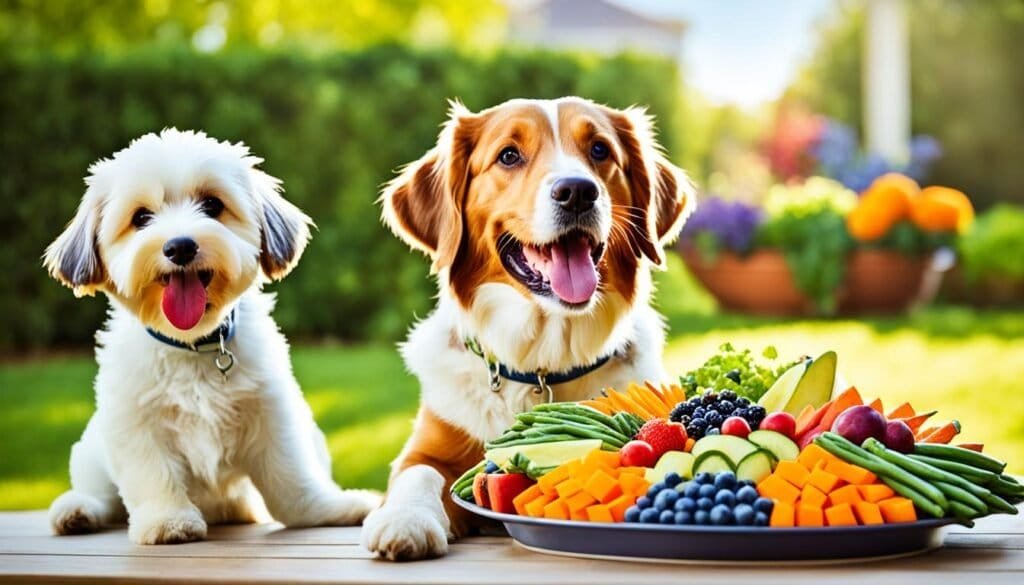
Fruits and veggies can be a healthy addition to your dog’s diet, providing essential vitamins, minerals, and fiber. When it comes to fruits and veggies for dogs, it’s important to know which ones are safe and which ones to avoid. Here are some dog-friendly treats you can incorporate into your pup’s meals:
Cooked Pumpkin
Cooked and chopped-up pumpkin for dogs is a healthy and nutritious snack. It is a good source of fiber and beta-carotene, which can help with digestion and improve the appearance of your dog’s coat. Pumpkin is also low in calories and fat, making it a good choice for dogs who are overweight or prone to weight gain.
Cooked Green Beans
Green beans for dogs are a low-calorie, nutrient-dense treat. They are packed with calcium, fiber, iron, manganese, protein, and vitamins A, B6, C, and K, providing dogs with natural sweetness.
Cooked Carrots
Carrots for dogs are rich in biotin, fiber, potassium, and vitamins A, B6, and K. They can help improve dental health and remove plaque, making them a great crunchy snack.
Cooked Spinach
Spinach for dogs is a nutrient powerhouse, providing beta-carotene, calcium, folic acid, iron, potassium, and vitamins B6, C, E, and K. It can boost brain and immune function, making it a beneficial addition to your pup’s diet.
Sliced Apples – In Moderation
Apples are a safe and healthy treat for dogs, with 100% of dogs able to enjoy them. However, they should be served in moderation due to their natural sugar content.
Bananas – In Moderation
Bananas are another dog-friendly fruit that 100% of canines can consume. Like apples, they should be given in moderation due to their sugar content.
Grains and Dairy for Balanced Nutrition
While a dog’s diet should primarily consist of high-quality protein sources, incorporating grains and dairy into their meals can also contribute to a balanced canine nutrition. One such grain that offers numerous benefits for our four-legged friends is cooked oatmeal.
Cooked Oatmeal
Cooked oatmeal is one of the healthiest breakfast foods around. And it’s also a healthy food for dogs. Oatmeal contains vitamin B, which helps maintain a healthy coat, and linoleic acid, which is a type of omega-6 fatty acid that helps to maintain the strength of dogs’ skin. Thanks to its richness in soluble fiber, oatmeal has also become an increasingly common ingredient in commercial dog food.
Foods to Avoid for Your Dog’s Safety
When it comes to your canine companion’s well-being, it’s crucial to be aware of the foods that can be toxic and dangerous for dogs. Protecting your furry friend from toxic foods for dogs, foods dogs should not eat, and other dangerous foods for canines is a key responsibility for any pet parent.
Chocolate
Dogs should never consume chocolate. Chocolate contains toxic substances called methylxanthines, which are stimulants that can stop a dog’s metabolic process. Even a small amount of chocolate, especially dark chocolate, can cause diarrhea and vomiting. A larger quantity can lead to more severe symptoms like seizures, irregular heart function, and even death. Keep chocolate out of your dog’s reach, and contact a veterinarian or the ASPCA Animal Poison Control Center immediately if your pup ingests chocolate.
Onions
Onions, as well as garlic, can be extremely harmful to dogs. These vegetables contain compounds that can destroy a dog’s red blood cells, leading to anemia. Consuming onions in any form – raw, cooked, or powdered – can put your canine at risk. Avoid feeding onions to your dog and be mindful of onion-containing foods that may be accessible.
Avocado
While avocados are a nutritious superfood for humans, they can pose a threat to dogs. Avocados contain a compound called persin, which can cause vomiting and diarrhea in canines. The pit and skin of the avocado are particularly dangerous, so it’s best to keep this fruit well away from your four-legged friend.
Being aware of these and other toxic foods for dogs, foods dogs should not eat, and dangerous foods for canines is essential for ensuring your pup’s safety and well-being. Always consult with your veterinarian if you have any concerns about your dog’s diet or suspect they may have ingested something harmful.
Portion Control and Moderation
As you explore the healthiest human foods that dogs can enjoy, it’s crucial to remember the importance of portion control and moderation. While the treats on our list can provide your canine companion with valuable nutrients, they should not replace a balanced, commercially-available dog food that is nutritionally complete. Dogs need a diet tailored to their specific needs, and these human food supplements should only make up a small portion of their overall intake.
When it comes to portion sizes for dogs, be mindful of the recommended serving sizes on dog food packages, which can vary greatly. Even a slight miscalculation in the amount you feed your pup daily can have a detrimental impact on their health. To ensure you’re providing the right portion sizes for dogs, use a tool like the Dog Food Calculator on the Dog Food Advisor website to determine the appropriate amount based on your dog’s ideal weight, life stage, and activity level.
Similarly, it’s essential to moderate human food for dogs and avoid overfeeding. Treats, whether homemade or store-bought, should not exceed 10% of your dog’s daily caloric intake, as recommended by the Association of American Feed Control Officials (AAFCO). Carefully monitor the dog treats in moderation you provide, and adjust accordingly to prevent canine obesity.
Remember, while the human foods on our list can be enjoyed as occasional treats, they should not replace a balanced, high-quality dog food. By practicing portion control and moderation, you can ensure your furry friend receives the optimal nutrition they need to thrive while also indulging in the occasional healthy snack.
Conclusion
In conclusion, this guide has provided a comprehensive overview of the healthiest human foods that dogs can safely enjoy as occasional treats. By understanding which [summary of dog-friendly foods] are safe and which should be avoided, pet parents can make informed decisions to provide their furry companions with the most nutritious and delicious snacks.
The [key takeaways on safe human foods for dogs] covered in this article include cooked, unseasoned proteins like chicken, turkey, and beef; wholesome grains such as oatmeal; and select fruits and vegetables that offer essential vitamins, minerals, and fiber. By incorporating these nutritious options into your dog’s diet in moderation, you can enhance their overall health and well-being.
Remember, while these human foods can be enjoyed as occasional treats, they should not replace a high-quality, complete and balanced commercial dog food. Proper portion control and moderation are key to ensuring your canine companion receives all the necessary nutrients to thrive. With this knowledge, you can confidently provide your dog with a varied and healthy diet that caters to their unique needs.
FAQ
What are the healthiest human foods that dogs can eat?
Some of the healthiest human foods for dogs include cooked, unseasoned chicken, turkey, and beef; cooked pumpkin; cooked oatmeal; and certain fruits and vegetables like cooked green beans, carrots, and spinach (in moderation).
Are there any human foods that dogs should avoid?
Yes, there are several human foods that are toxic to dogs, including chocolate, onions, and avocado. These should be kept away from your canine companion.
How much of these human foods can I feed my dog?
It’s important to feed these human foods in moderation and as occasional treats, not as a replacement for your dog’s balanced, nutritionally complete commercial dog food. Portion control is key to preventing weight gain and other health issues.
Can dogs be allergic to certain human foods?
Yes, dogs can develop food allergies, just like humans. Common protein allergies in dogs include beef, dairy, and chicken. It’s important to introduce new foods slowly and monitor your dog for any adverse reactions.
Are there any special preparation methods for human foods before feeding them to my dog?
Yes, it’s important to make sure any meat, fish, or eggs are cooked thoroughly and unseasoned. Bones should also be removed to prevent choking or digestive issues. Many fruits and vegetables should be cooked as well before serving.
